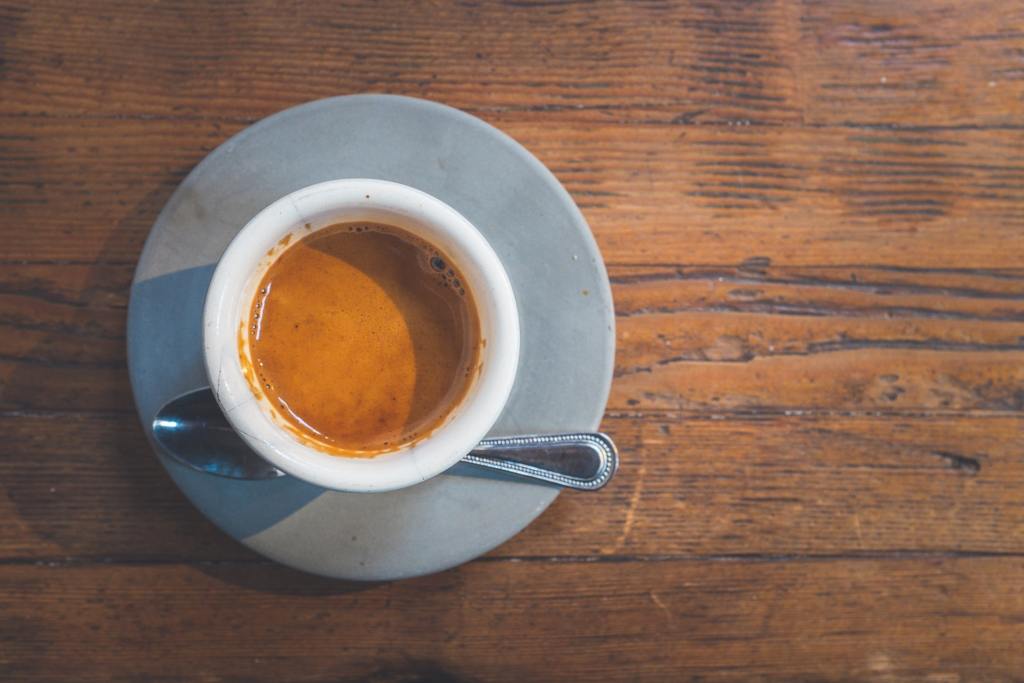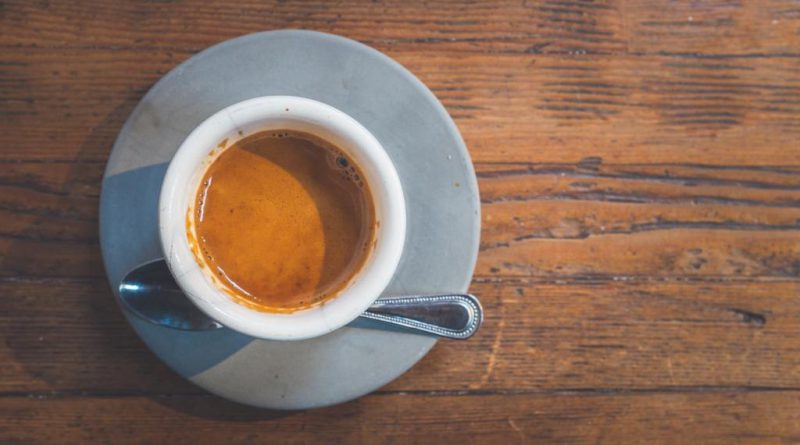The Connection Between Anxiety and Caffeine

In a number of forms, caffeine is an essential part of many people's lives. It might be that first cup of coffee that awakens you each morning. Maybe it’s a glass of iced tea that provides you a jolt of energy in the afternoon. But if you’re experiencing increased anxiety, you may need to reconsider your caffeine habit.
There’s a definite connection between anxiety and caffeine. Individuals with a panic or anxiety disorder may respond to the stimulant results of caffeine in a heightened way. When consumed in higher amounts, caffeine may intensify feelings of anxiety. Everyone has a unique reaction to caffeine and feels the effects differently.
Caffeine in your daily routine
The FDA advises that 400 milligrams of caffeine should not have dangerous effects for many adults. This is equivalent to about four cups, or 32 ounces of coffee. Caffeine may worsen symptoms in people who are already prone to anxiety.
Keep in your mind that a caffeinated beverage from a restaurant or coffee shop may have higher caffeine content than what you consume in your own home. Some tea or coffee blends contain more caffeine than the others. If you think that caffeine is causing you greater anxiety, carefully observe your symptoms, and adjust your intake if required.
Keeping tabs on your caffeine intake
Reactions to caffeine vary greatly for every person. Besides tea or coffee, other beverages for example soda or energy drinks also contain a notable amount of caffeine. Caffeine withdrawal can be an extremely uncomfortable experience. The important thing to limiting these symptoms would be to cut back gradually. For example, a tiny bit of decaf coffee mixed in with your regular brew of regular coffee reduces the quantity of caffeine. Pay attention to any withdrawal symptoms as you make these adjustments.
Adjusting caffeine intake to lessen anxiety
For most people, caffeine is protected to consume and may even have some notable benefits. Caffeine helps many people focus better and frequently supplies a much-needed energy boost. But when you are experience anxiety, keep your caffeine to a minimum, less than the FDA’s recommended daily limit.
Now you know the bond between anxiety and caffeine. Remember: There are plenty of energy-boosting caffeine alternatives, too, so spend time exploring new beverages available that may be more advantageous to your mental health insurance and well-being!

